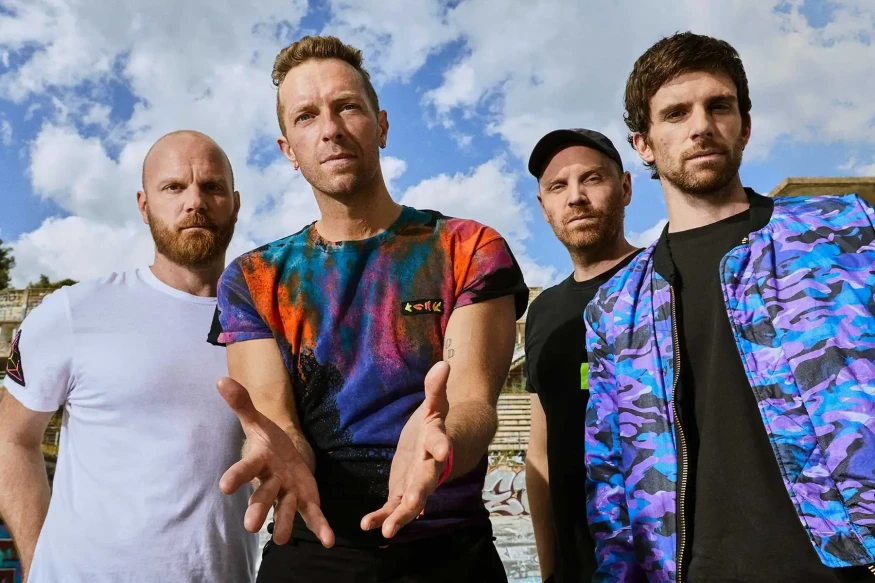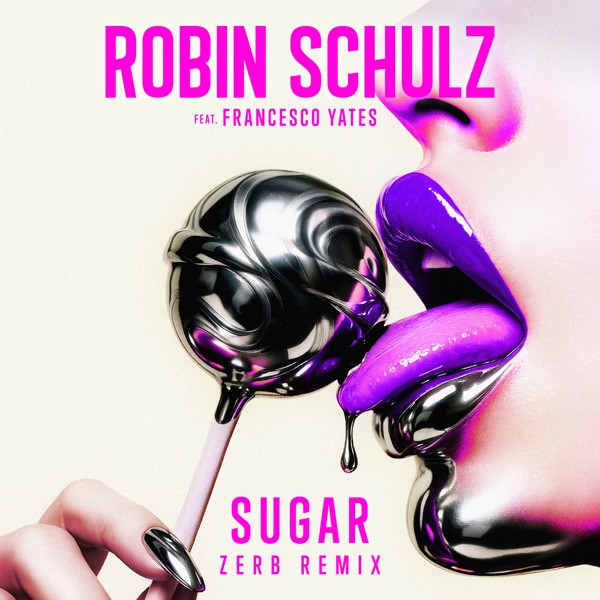
Chris Martin reveals why Coldplay’s legacy isn’t about fame or charts — and why he’s fine if their albums end up in a bargain bin
Chris Martin has never been your typical rock frontman obsessed with image, coolness, or maintaining untouchable legacy status. While Coldplay have spent over two decades filling stadiums across the globe and racking up sales that most artists only dream of, Martin insists he wouldn’t be bothered if one day their albums ended up stacked in the discount bin of a roadside gas station. It sounds shocking coming from one of the most successful musicians on the planet, but for him, music has always been about something far simpler and far more human.
From the very beginning, Coldplay have been a paradox in modern pop culture. On one hand, they’re adored by millions of fans who see songs like Yellow, Fix You, and Viva La Vida as soundtracks to their lives. On the other, they’ve long been a target of critics and internet memes, accused of being too “safe,” too “basic,” or lacking the edgy factor that defines cooler rock outfits. That strange duality—stadiums sold out to glowing wristbands, but constant online ridicule—has shaped the way the band exists in the cultural conversation.
Rather than run from it, Chris Martin embraces it. Speaking recently on Hits Radio, Martin admitted that he’s grown used to the backlash that comes when he talks openly about love, empathy, and equality during concerts. “Almost every time I say something we really believe in—especially about equality and loving people—someone gets angry,” he explained. “It seems to annoy people that I want to love everybody.”
But for Martin, there’s no backing down. Even if his words go viral in a negative way, he refuses to change his message. “If people get upset, I love those people too. I can’t do anything else,” he said, stressing that his philosophy is not just a stage slogan but a conscious decision rooted in years of meeting people all over the world.
That philosophy helps explain why Coldplay remain one of the most polarizing yet enduring bands of the 21st century. Their drummer, Will Champion, once described them as “stupidly simple,” suggesting that part of their power lies in not being afraid to embrace sincerity in a world that often demands irony and complexity. And that simplicity—writing lyrics about hope, heartbreak, and unity—is exactly what makes their songs resonate across generations.
Despite endless awards, Grammy wins, and collaborations with megastars, Martin doesn’t seem obsessed with Coldplay’s place at the top of the cultural hierarchy. His now-famous remark about not caring if their CDs end up in bargain bins reflects a grounded worldview. To some, it might sound like a lack of ambition. To others, it’s a refreshing reminder that fame and legacy are fleeting, while the emotional impact of a song can last forever.
The band has often been caught in debates over whether they’re “authentic artists” or “mainstream product.” Yet the proof of their staying power comes every time an arena erupts with tens of thousands of voices singing Fix You, or when Yellow trends again on TikTok. Coldplay may not always be “cool,” but they remain undeniably powerful.
Martin himself has been at the center of controversy over onstage comments. At one show, he greeted fans holding a Palestinian flag with a heartfelt “Welcome from Palestine, always,” later clarifying that Coldplay love all people equally, regardless of nationality. In another performance, he was accused of offending Israeli fans he brought onstage, even as he thanked them publicly and stressed that everyone deserves respect. These moments highlight how his message of unconditional love can sometimes spark division in today’s charged climate.
Yet fans continue to respond with their own gestures of unity. At Wembley Stadium, in a fan-organized surprise, the entire audience held up red paper hearts at the end of a concert. Martin was visibly moved to tears, describing it as a moment where the crowd showed they understood exactly what the band was trying to say. For him, it was proof that their message of empathy had not been lost in translation.
Coldplay’s Music of the Spheres Tour is another reminder of their unmatched ability to bring people together. Ten consecutive sold-out nights at Wembley alone cemented their status as one of the biggest live acts on the planet. And with Martin revealing that the tour still has over 130 shows ahead, it’s clear they aren’t slowing down anytime soon.
At the same time, Martin acknowledges the sometimes absurd nature of modern fame. He joked that he wouldn’t mind if Coldplay’s music ended up in a bargain bin at a gas station one day, emphasizing that their real goal is to create connections, not chase eternal coolness. He also referenced viral incidents, such as the “kiss cam” moment that spiraled into a corporate scandal, as examples of how quickly things can blow up in today’s culture.
What’s striking about Martin is how unbothered he seems by cynicism. In a world where every band fights to be seen as groundbreaking, Coldplay have chosen to be consistent: big, emotional, unashamedly hopeful. Their songs are not coded puzzles or abstract poetry—they’re anthems of love, loss, and healing. And while critics may roll their eyes, audiences keep showing up in droves, proving that sincerity still has power.
Looking forward, no one knows how history will remember Coldplay. Maybe their albums will indeed one day gather dust in secondhand shops, or maybe they’ll remain fixtures of wedding playlists and stadium sing-alongs for generations. For Chris Martin, either outcome is fine. What matters to him is that along the way, millions of people found comfort, joy, or a sense of belonging in the music.
And perhaps that’s the real reason Coldplay continue to thrive in a fickle industry: Martin’s willingness to put meaning above status, connection above coolness. In the end, whether they’re mocked or celebrated, bargain bin or Billboard, Coldplay have already achieved what most artists dream of—songs that make people feel something real.







